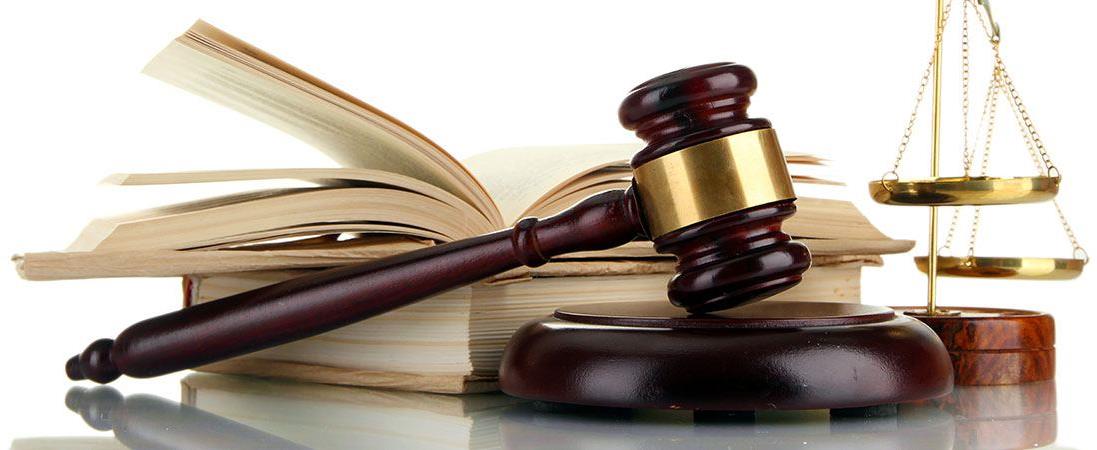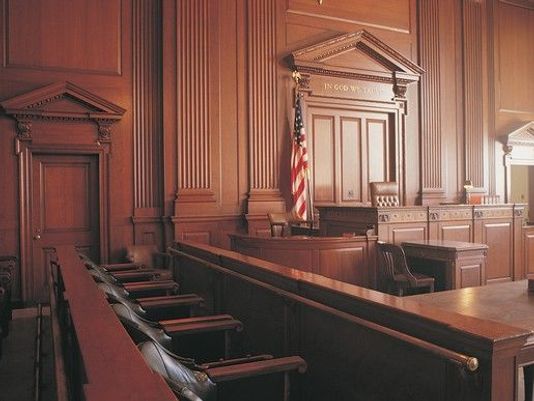What Is a Landlord Walk Through Checklist. How do i make one?
What Is a Landlord Walk Through Checklist?
A landlord walk through checklist is a guide that covers what to look for when surveying a rental unit. It should include information on the rental unit, questions and descriptions regarding the condition of each room and appliance, and lastly, leave space for additional comments. The right checklist can help even the most organized landlords and tenants streamline the walk through process and catch all of the details in a rental unit.
*Walk throughs are typically done before a tenant moves in and after they move out. In properties with leases longer than about six months, it is not uncommon to complete a walk through once or twice a year. This process ensures landlords are aware of any potential repairs, damage done to the unit, or lease violations on behalf of the tenant. While it is not necessary to frequently check on tenants, an annual or semi annual walk through helps landlords maintain the condition of their properties.
*We inform Landlords and Tenants to both do a walkthrough of the unit being rented, walk the entire rental use a checklist and mark off everything you see and take notes. We also suggest taking pictures of the before that will go along with the paper copy of the walkthrough form. Then both sign this form, make copies and now the Landlord has one for the rental file and the Tenant has one for later use!
NOTE: Upon move out these forms and key to condition – as such everything should be the same or better then when you moved in condition. This form will be used by both parties in any dispute over the Security Deposit.
What Should You Include on Your Landlord Walk Through Checklist?
The ideal walk through checklist for rental property owners and landlords should survey the entire unit, without leaving room for any guess work. A thorough checklist is crucial, particularly during move in and move out, because it allows you to note the existing property condition and any changes that have been made during tenancy. Further, a checklist may reveal the potential for upgrades or modifications that should be made to unit. That being said, here are a few items you should include in every walkthrough checklist:
- Flooring: As you walk through the property, keep in mind the flooring in each room. Make sure there are no missing tiles, peeled up corners or broken floorboards in the unit. Each of these issues should be repaired right away to prevent further damage to the rental property.
- Walls: Many property owners or landlords will repaint rental units between tenants; this not only fixes any scratches made by the last owner but it keeps units looking fresh and clean. Keep tabs on the status of walls before, during and after tenants occupy your property to make sure you know the right frequency to paint.
- Smoke Detectors: No rental checklist for walk through is complete without checking the smoke and carbon monoxide detectors. Look for them placed throughout the unit, and test the alarms to ensure they are working.
- Heating & Air Systems: This is the first thing you are likely to get a maintenance request for, if they aren’t in good condition that is. Review the heating and air units throughout the rental property and make sure they work as they should. Double check with a professional if you are unsure about anything.
- Entry Way: Are there stairs leading up to the unit? What about a long path? Depending on the layout of your rental property, it could require certain safety features. Double check that all stairs have properly installed railings, and that all paths or outdoor areas are well lit when needed. This helps make sure your property is accessible to all tenants, and it’s a good chance to double check the curb appeal as well.
- Kitchen Appliances: Always check the stove, oven, dishwasher, refrigerator and other appliances when doing a walkthrough. Make sure all appliances are working as they should, and be sure to check any vents and lights. It is crucial to catch and potential issues before they develop into more costly problems.
- Doors & Locks: Some landlords will change out the locks between tenants, while others will only distribute “do not duplicate” keys to ensure they are given everything back. No matter which route you choose, double check all doors and locks with your tenants to see if everything is working as it should.
- Light Fixtures: Turn all of the lights on and off as you walk through the unit to determine if each fixture is working as it should. While you may not be responsible for changing old bulbs while a tenant occupies the unit, it is a good touch to make sure each light is fresh when completing a move in walk through.
Landlord Walk Through Checklist:
It is a good idea to add a renter walk through checklist to your files, this way you have one available whenever you need it. By creating a system for the process, you can make sure property maintenance and tenant issues are handled efficiently and consistently.
Keep each completed checklist organized with the rest of your tenant paperwork, especially when it comes to move in walk through s. This will help you cross reference old notes, should any issues arise with the property.
If you are preparing for your next walk through, download our checklist today: You can copy the form below or download our form here

OTHER FORMS FOR LANDLORDS AND TENANTS CAN BE FOUND ON OUR LEGAL FORMS SECTION
Tags: LANDLORDS, Security Deposits, TENANTS





 In an apartment building, your landlord must:
In an apartment building, your landlord must:






 Disputes between landlords and tenants often arise over issues such as the length of the lease, the amount of rent to be paid, maintenance, repair and replacement obligations, size of the space to be provided, and what services are to be delivered. Challenges can also surface as a result of corollary issues such as renewal and purchase options, rights of first refusal and accommodations required by lenders. NationalEvictions has the top attorneys with extensive experience in representing both landlords and tenants of Residential, Commercial and Industrial properties.
Disputes between landlords and tenants often arise over issues such as the length of the lease, the amount of rent to be paid, maintenance, repair and replacement obligations, size of the space to be provided, and what services are to be delivered. Challenges can also surface as a result of corollary issues such as renewal and purchase options, rights of first refusal and accommodations required by lenders. NationalEvictions has the top attorneys with extensive experience in representing both landlords and tenants of Residential, Commercial and Industrial properties.










